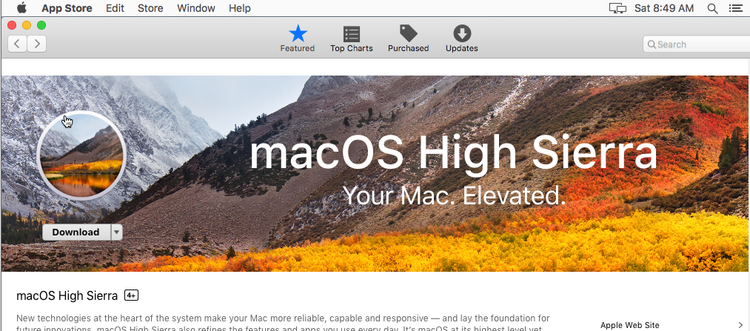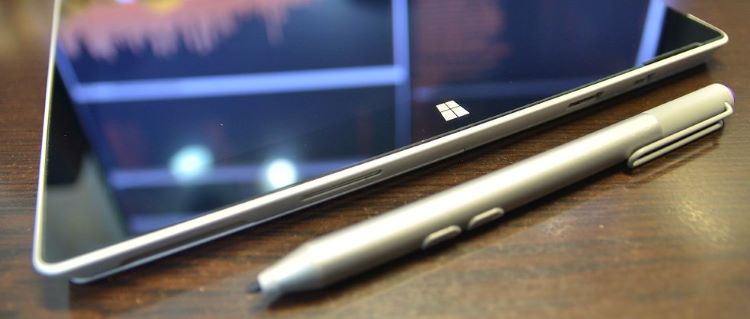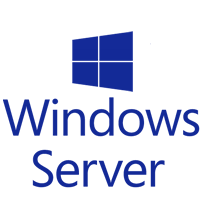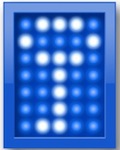Like many, I want to create a shortcut on my desktop that directly loads the remote screen in Logmein’s client application. This, however, is not possible. It feels possible, but I may be missing one key component. This article is an exploration of what I’ve discovered about the tool. If anyone out there might take […]
I have some new, free, software for you. It’s been a while since I’ve released anything new – years in fact. This time around, I’ve made something to help with the laborious task of calculating taxes on a final amount. This comes up in situations where the receipt a company gives you doesn’t include a […]
I’ll just cut to the chase: You need a Mac. Or, more specifically OS X running in virtual machine. Every other step you’re going to take will lead you to failure. But, I can off you hope that it is possible and you can get your Mac running again. Read on.
I’ve moved back to Windows from MacOS. As a decade-long Macbook user, this huge shift (for me) deserves some explaining. In my business, many look to me for understanding about what to use, and quite literally the computer I use every day influences other’s choices, reactions and ultimately purchase decisions.
It can be hard to admit that.We’re naming the fully qualified domain name (FQDN) of an Active Directory domain either a valid name, or using .local TLD and these are both incorrect. Recently, when I was again tasked to build a small (200-ish user) Active Directory domain from scratch, I was again confronted about how wrong those of us in this industry have been. What’s even worse is that Microsoft has been recommending the “Right” way for 14 years!
The pitch, as Karl Palachuk puts it, is that Windows users who are not locally administrative users cannot be infected with viruses. This is an absurd and wrong line of thinking from someone who professes to have been in the IT industry for more than 25 years. But, we can all be wrong, so I say own it Karl.
Windows Technical Preview 2 was released on Microsoft’s website and made available for download. Usually, this process is a challenge because we don’t always have the best and newest hardware available to test with; but I tend to find what I can in the lab to test as many features as possible. I took a bare-metal Dell PowerEdge server (with a RAID 5 drive setup), and installed off of a burned DVD.
Widely expected to be an announcement of a fresh Windows version, today Microsoft held an event that wasn’t available online. Not having this event streamed online was a disappointment. I have the sense that Microsoft was aware of the Apple iPhone event debacle and decided to forgo the pain (if the stream didn’t work). In that way, it’s a good move.
If you’ve been following news about security and encryption tools, no doubt you’ve heard of the shutdown of popular open source encryption tool TrueCrypt. Given that using TrueCrypt was considered one of a handful of ways for individuals to protect data in the wake of recent NSA spying revelations, this unexpected news has rocked the Internet.
Perhaps a daft move, but VMware Converter (sometimes called P2V or vCenter Converter) no longer allows you to script the creation of a machine image by way of the command line. In this article I’m going to go over a means of automating Converter so you can again use it for a backup.










